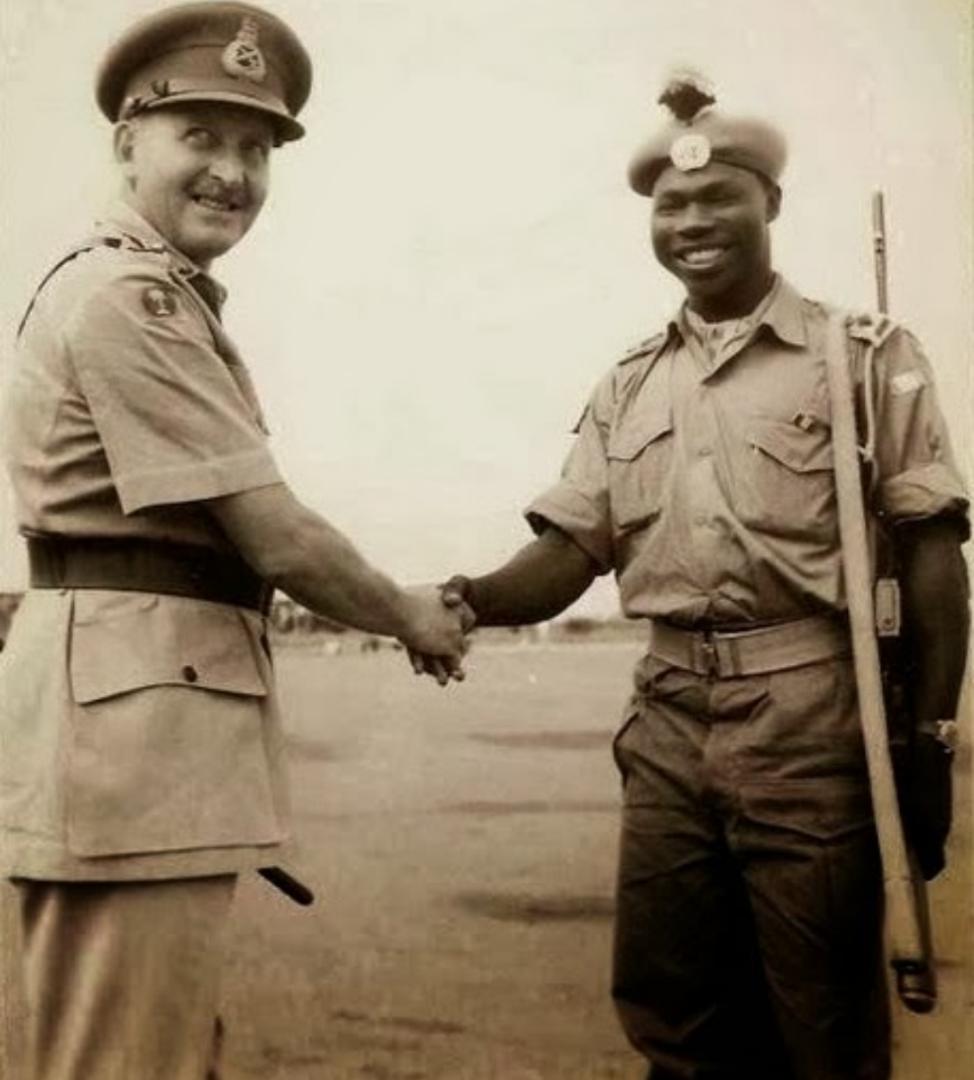Nigeria has many problems but two are most deadly. The first of the two is that the country is a total failure in terms of how to discipline power. Anybody can take power at any level of it and does what s/he wants, even in the places which should have no room for the sort of observable excesses across Nigeria.
The second disaster about Nigeria is that the country suffers from a deadening puritanism instead of pragmatism in using the upper crust of the elite as a power resource. Instead of such tactic, what gets heard are moral grumblings about each and every of the members of that echelon: Obasanjo is this, Abdulsalami is that, General Danjuma is this or that.

Some of ‘them’
In the end, it is very rare for the nation to have called on any of them with a definite assignment. The assumption seems to be that, as leaders, they should know what to do. That expectation is not totally misplaced but it assumes the possibility of complete knowledge of issues and situation at the disposal of those senior citizens. Of course, people at that level are informed about many things but they can only know those things from where they stand, not from the world out there. That’s not possible.
Yet these individuals constitute the movers. Nobody could have missed the dramatic drop in the political temperature following General Abdulsalami’s recent intervention and demand on governors to take governance more seriously. When the foolishness of testing regional balance of forces resulted in food crisis here and there recently too, it was Obasanjo who moved. But each of the two moved on their own initiatives, not at the request of a nation that knew or should know it was sinking.
Instead of such creativity, what is heard more often, even from people who should know, is let the nation break because Buhari is doing nepotism or something like that. Does it make sense to think the nation should break because a bird of passage such as Buhari is at it? Any elected president is a bird of passage and there will be the day after.
The foregoing underlines the case for a more strategic sense of that layer of Nigerian citizens. That case rests in the power of agency over and above structure, meaning that context might matter but it is human consciousness that creates change, not what the materialist interpretation told us.
The wisdom here is neither original nor new. Prof Sam Oyovbaire once said that if he were still a lecturer, he would get one of his PhD students to do a thesis on Olusegun Obasanjo. The late Ibrahim Tahir said if he were still young, he would have personally done a biographical work on Obasanjo.

Obasanjo in the evening of life
Neither Oyovbaire who obtained a PhD from a top UK university such as Manchester nor Ibrahim Tahir who excelled at Cambridge University could have been saying what they said because they were looking for anything from Obasanjo, the Grand Commander of the Aradite kindred in Nigeria. It may also not be that they have no reservations about Obasanjo as a person but to conduct an academic inquiry that can tie the loose ends together and make it available for national reflection.
So, how is it possible that some of Nigeria’s best and brightest in the past three decades saw something worth investigating academically about Obasanjo but not the current generation? Could it be a case of degeneration or a much, more sophisticated generation?
Whichever one it is, it should be part of the process of re-engineering Nigeria to incorporate the mobilisation of the agency of senior citizens for national tasks. A country such as Nigeria which has no centre of gravity needs it. Sometimes, the approach to this may involve “arresting” all of them, lock them up in a room and put as the condition for regaining their freedom the solution to the problem that may be at hand. Nigeria gave them the primacy they enjoy in the world and Nigeria ought never to hold back from putting them to national assignments. A puritanical lens on them that doesn’t go beyond blame game is self-defeating.
In any case, more than 75% of the problems stem from disagreement within them. In the past, they have resolved such creases without the rest of us knowing. Gen Danjuma told us of attempt to abort the 1978-79 transition. With the muscle of the Chief of Army Staff, he crushed it. In the 4th Republic, rough tackles also came to play to get the country out of the ‘Third’ term crisis behind the scenes. But, in 2017-18, the country found itself with a swarm of violent ‘herdsmen’. The seniors could no longer look each other in the eyes and put it to the importer of violent herdsmen and ask him to behave. Instead, President Buhari started speaking in tongues. Gen Danjuma started rallying and Obasanjo floated Fulanisation theory.
In other words, these same people who hold the fate of the country in their palms started behaving like the rest of us instead of doing what they are doing now at that time. And the citizens were clapping for them, manifesting a puzzling predilection.
Thank God, Obasanjo and Gen Abdulsalami are stepping out to put out the fires after Shasha.





























2 Comments
Sanusi Maikudi
There is the intimidating consensus among the new breed and the millennials that this class of leaders are too old to offer something meaningful . They prefer to consult them under dark covers . Valuable are they are many people see little merit in what they can offer.
They would asked what have they forgotten at the corridor of power
Pingback: Imagining and De-escalating the Buhari – Obasanjo Dogfight - Intervention